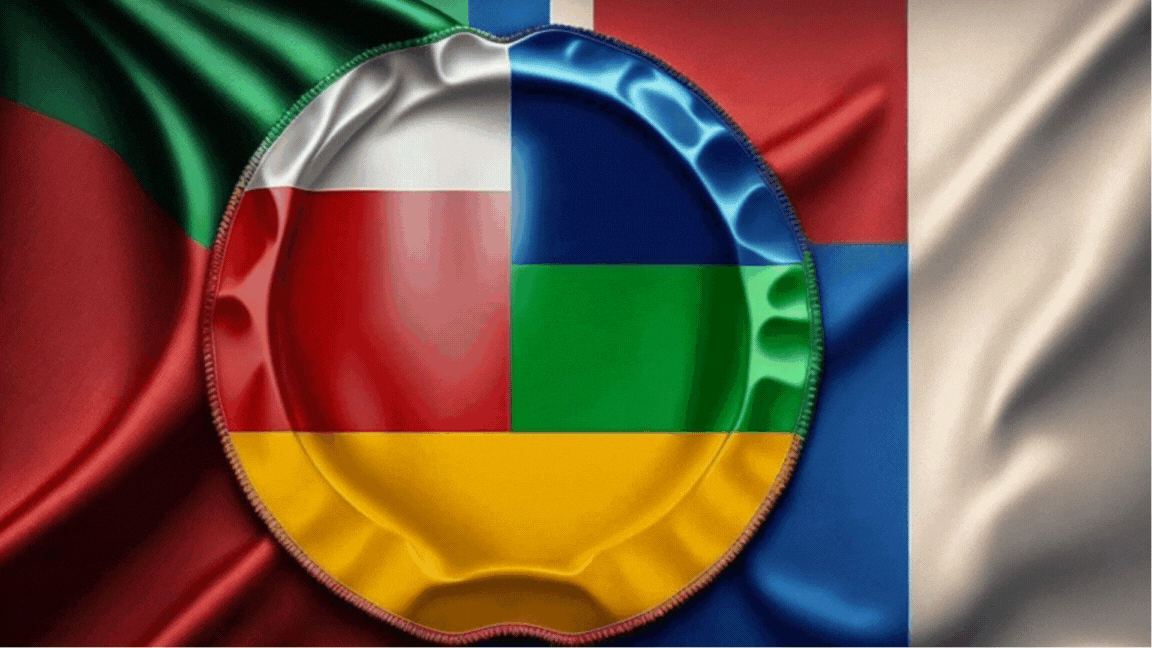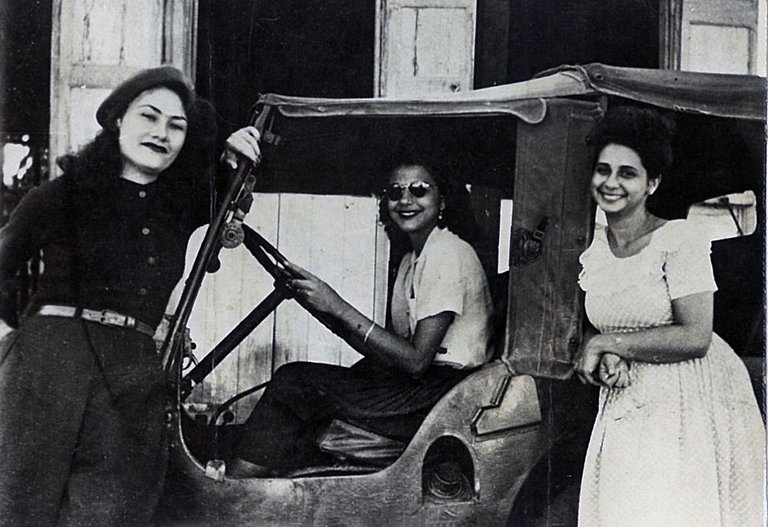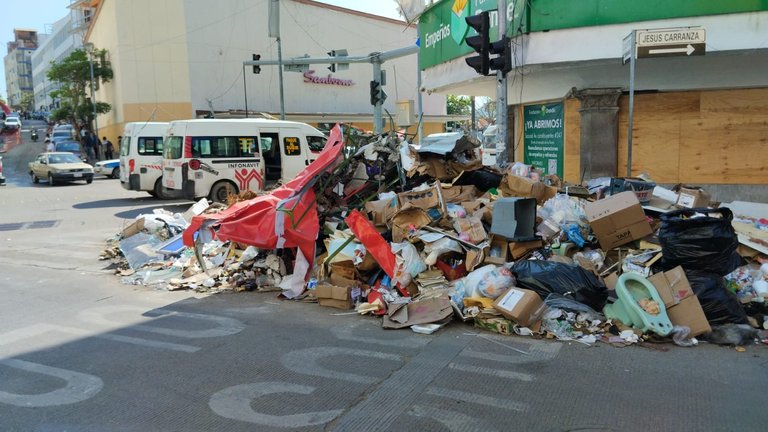
Women in Latin America: a dignity outraged around the clock
Earlier this month I devoted most of my report to the scourge of femicide in the region. Today, as the International Day for the Elimination of Violence against Women is celebrated around the world, new data have been reported showing how far society—and particularly Latin America—is from dignifying women. Analyzing a sample of nearly thirty countries, ECLAC concludes that every two hours a woman is murdered for gender-related reasons. Last year the number of femicides surpassed the scandalous barrier of 4,000, just based on official statistics. If we had the certainty that each victimizer had faced justice, perhaps we could feel less defeated, but I remember that institutional fragility also affects this possibility, with chilling impunity in countries such as Honduras, México, and Guatemala.
In a dozen countries, more than 65% of women are victims of some type of gender-based violence, while a third of them were physically assaulted by partners and ex-partners, including cases of sexual assault. The UN warns that once this barrier is crossed, lethal violence may be just around the corner. Even more appalling, 4% of the women murdered are girls under 15, with disturbing reports of forced marriages and unions involving one-fifth of the girls. In Perú, authorities and civil society organizations observe that 8 out of 10 sexually assaulted women are between 12 and 17 years old, while nearly 120 girls under 14 have given birth after becoming pregnant as a result of rape (this year resounded there the case of an 11-year-old girl who became pregnant as a result of rape by her stepfather—who abused her from the age of 8—, and who, after a tough legal battle, was given a therapeutic abortion).

25N is celebrated in honor of the Mirabal sisters, three women who were vilely murdered by the dictatorial regime of Rafael Leónidas Trujillo in the Dominican Republic on a day like today, but in 1960 (source of the image).
In Honduras, half of all women over the age of 15 have experienced violence, but sadly most of them are not even aware of the type of relationship to which they are subjected. In Brazil, a woman is raped every 8 minutes, with 3 out of 5 victims in the 0-13 age group. By the end of the third quarter of the year, some 2,600 women had been murdered in México, equivalent to an average of about 10 a day, with an irrelevant number of solved cases. Also of concern is the level of overkill of the perpetrators in certain cases, with the cases of a mother who "was burned alive in front of her daughters", and another who received 40 vicious stab wounds to her pigeon breast. The persistence of this scourge constitutes in my opinion one of the most flagrant signs of social anomie in the region, connected to a history of poverty and unpostponable and at the same time unsatisfied demands in education and culture.
Acapulco's disputed recovery
Following the passage of the powerful and deadly Hurricane Otis at the end of October, the popular Mexican tourist destination has still not been even able to pick up all the trash it left behind. Many people are unaware of the whereabouts of family members and loved ones, with media reports straying far from the officially recognized death toll in México City, set at 50 people to date. López Obrador approved 3.4 billion dollars for the recovery, as well as some tax benefits, but both the people and the business sector, especially those involved in the tourism industry, are desperate. I understand the urgency, but I find it highly unlikely that no matter how much interest and resources were put into the efforts to bring Acapulco back to life, it would have been possible to reach December—the sweetest time of the year for tourism—with a representative percentage of the damaged infrastructure back in operation. The Otis blow is estimated at $16 billion, and the real projection is that only in 2025 will Acapulco return to a state whose picture resembles—at least—what it looked like the minute before the catastrophic onslaught of winds and rains began. More than 220,000 tons of debris have been collected, but the situation in this regard is still depressing in the poorest areas, where the majority of the people we saw looting stores and supermarkets live.

Acapulco's difficult recovery is not proceeding at the pace demanded by the citizens, with tons of smelly waste still to be picked up (source of the image).
The quick regional roundup
The disputed government of Dina Boluarte in Perú will raise the salaries of nurses, obstetricians, and university professors as of December, honoring previous agreements reached with these sectors. The health sector, particularly nurses, have been on strike there since Thursday because—they denounce—the government failed to keep its promise to improve their working conditions.
The IMF seems to bless, in principle, Javier Milei's fiscal adjustment plans in Argentina, seeing the harmony in the messages of Kristalina Georgieva and the liberal president-elect after a conversation they had. Suffice it to reproduce part of the message from the head of the global lender: "The IMF is committed to supporting efforts to durably reduce inflation, improve public finances and increase private sector-led growth". Pope Francis, for his part, has sent a blessed rosary to Milei.
The European Union's special representative on human rights, passing through Cuba for a third round of talks under the EU-Cuba Political Dialogue and Cooperation Agreement—active six years ago—, met here with relatives of citizens imprisoned for allegedly having committed certain crimes when they participated in the protests of July 11, 2021. This was a date on which—as never before in the entire period of the Cuban Revolution in power—citizens demonstrated massively throughout the country to demand economic improvements and in certain cases political changes. In my opinion, the Cuban government will not give in to a collective release unless there is a deal to relax the economic sanctions imposed on the island by the United States.
And this is all for our report today. I have referenced the sources dynamically in the text, and remember you can learn how and where to follow the LATAM trail news by reading my work here. Have a nice day.

Edited with Canva.
